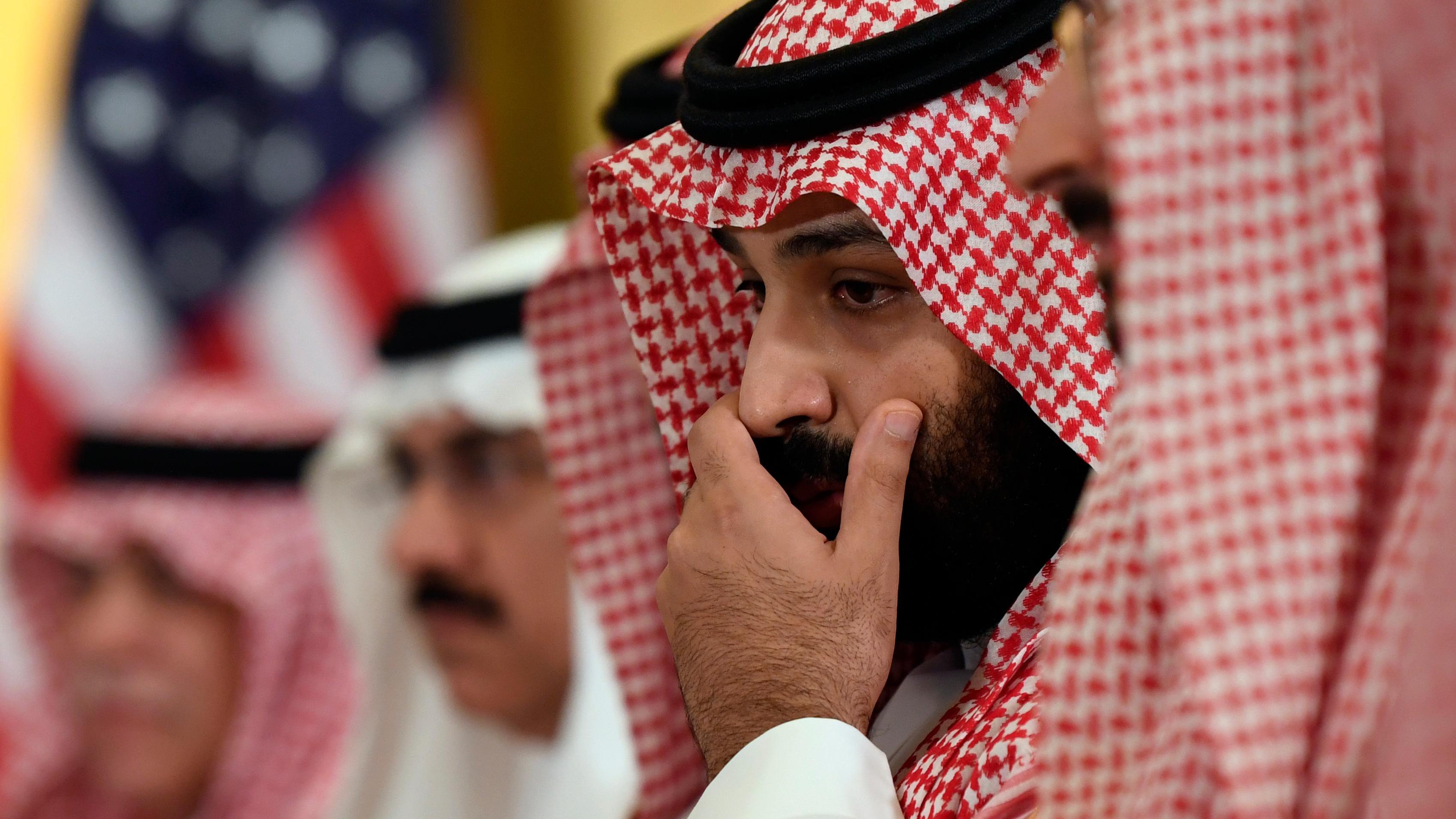Speaking in an interview with the website of the Strategic Council on Foreign Relations, Seyed Javad Salehi said that in domestic arena, pressures related to the reduction of Saudi Arabia’s revenue from oil exports is one of the problems that has put the Riyadh government, especially Mohammed bin Salman, under pressure. Although the expert believes that this is a problem that all oil rich countries are faced with.
Referring to the possibility that perhaps conditions of Saudi Arabia in the field of welfare and offering services to the people may be difficult, Salehi noted: But such pressures and difficulties are not comparable to some of the countries in the region.
According to the expert, given the drop in oil prices and the problems associated with the Coronavirus that have somehow affected the political economy of the world, Saudi Arabia has begun to diversify its sources of revenue in development programs.
He stressed: Riyadh has diversified and multiplied its revenue sources in the 2030 plan, and the Neom project is one of the cases in which the plan is becoming operational.
Saying that assassination of Jamal Khashoggi, a dissident Saudi journalist, had an impact on the dignity of the decision-makers and executors of the plan but did not stop it, Salehi added: Therefore in the current situation, Saudi Arabia’s problems are not enough to put the Saudi government in a standstill.
Pointing to Biden coming to power in the United States and his possible policies toward Riyadh, the expert on the Middle East Affairs said: With Biden coming to power, Saudi Arabia will no longer have the favorable position and special place it had in the Donald Trump administration.
He stressed that during Biden’s presidency, human rights cases such as Jamal Khashoggi’s assassination would be opened, adding: But this will not lead to a complete transformation of Riyadh-Washington relations.
The senior researcher at the Center for the Middle East Studies further continued: The human rights issue in the US foreign policy in a region like the Middle East, where governments are sometimes of cesarean nature and Washington, in its relations with them, will pay attention to the security equation first and foremost, cannot make fundamental changes.
The expert reiterated that no doubt the new US administration will put pressures on Saudi Arabia in such areas as release of political prisoners, reducing pressure, condemning assassinations abroad and eliminating dissidents by physical means.
Saying that in addition to the human rights issue, another focus of attention in relations between Saudi Arabia and the United States is Yemen, Salehi noted: Yemen is known as a strategic backyard of Saudi Arabia, and Saudi Arabia has started a multi-year war under the pretext of preventing threats and maintaining the security of its country in the region.
He said: Regarding the issue of Yemen, it is natural that Biden will pursue a different policy, and it is expected that the US Democrat president will try to create a kind of closeness and satisfaction in Yemen by giving concessions to militant groups opposed to Saudi Arabia. In fact, on the one hand, Biden will give the green light to the group by removing Ansarollah from the list of terrorists and, on the other hand, he will start imposing pressures on Saudi Arabia to withdraw in a dignified manner or put an end to the multi-year crisis in Yemen through negotiations.
The senior researcher at the Center for the Middle East Studies believes that although in relation to Yemen, security concerns of Saudi Arabia will be taken into consideration, the US regional policies will be pursued, one of which is to try to reduce Iran’s presence in Yemen and reduce Iran’s influence in regional equations.
He concluded by referring to priorities of the new US president and said: Joe Biden in his foreign policy is almost on the ruins of the post-Trump era. Those ruins are internal tensions that are likely to be the first priority of Biden; the issue of distancing the US allies from the country, China’s growing influence and Russia’s position in Eurasia are among the issues that will be at the forefront of Biden’s foreign policy.
The expert noted: If we add the issue of hesitation in the efficiency of the liberal democratic system in the post-Coronavirus era to the above-mentioned issues, Biden will face multiple pressures in the field of foreign policy. It is natural that under such circumstances, the issues of the Middle East and Saudi Arabia, although of particular importance to the United States, may not be at the forefront of Biden’s decisions, given those priorities.










0 Comments